Have you ever thought – “What would I do if my car broke down right now with my baby in the backseat?” If that scenario makes you panic, you're not alone. This week we're talking with Jackie Dempsey, a mechanic, mom and founder of the non-profit Mechanic Mamma. Jackie teaches women, children, and anyone interested the ins and outs of car maintenance and what to do in roadside emergencies. In this episode, she walks us through the most common types of breakdowns, essential tools to keep in your car, and how knowing even car basics can empower both you and your children.
Important: This episode includes discussion of domestic violence. If you or someone you know is experiencing domestic violence, help is available. The National Domestic Violence Hotline offers free, confidential support 24/7 at 1-800-799-7233 (SAFE) or text START to 88788. You can also visit thehotline.org for live chat and additional resources.
Information in this episode is based on personal experiences and is provided for educational and entertainment purposes only. Information in the podcast does not constitute personal professional advice. We encourage you to independently evaluate any content and consult with appropriate professionals as needed for your specific circumstances.
Getting Started with Baby Podcast
A Few Key Quotes
On getting started with car knowledge:
" It's okay not to know. If you want to learn, you can learn—you just need to be given the tools." — Jackie Dempsey
On staying calm during breakdowns:
" If you can stay calm, that's huge. If [your kid] sees you're calm and in control during a breakdown, that helps them stay calm too. — Jackie Dempsey
On the bigger picture:
"Empowering ourselves empowers our kids. You don't have to be a mechanic to be able to handle yourself in a breakdown" — Jackie Dempsey
The Takeaways
- You don't need to be a mechanic to handle basic car emergencies: Learning fundamentals like checking tire pressure, changing a tire, or adding coolant can save you time, money, and stress. These skills are comparable to learning any new task—you just need the right tools and guidance.
- Overheating is the most common roadside problem: This typically happens when coolant hasn't been changed in older vehicles, especially during summer or uphill driving. Having coolant in your car and knowing how to add it after the engine cools can often get you back on the road.
- Your emergency kit should keep both you and your kids calm: Generic roadside kits lack items for managing stress and entertaining children. A good parent-focused kit includes snacks that store well, simple toys or activities, water, blankets, and tools designed for people without significant arm strength.
- Essential tools don't have to take up much space: Compact tire inflators that plug into your cigarette lighter, extendable wrenches that provide more leverage, spare fuses, and basic fluids like oil and coolant can handle most common breakdowns without requiring a full toolbox.
- Kids stay calmer when you stay calm: Children feed off your energy during stressful situations. Having the knowledge and tools to handle a breakdown confidently helps keep the entire family calm. When safe to do so, involving older kids in the solution can turn a scary situation into a learning experience.
- Basic car knowledge protects you from being overcharged: Understanding simple maintenance needs and common repairs helps you avoid costly unnecessary services. Shops may take advantage of customers who seem uninformed, particularly women.
- Building hands-on skills benefits children's development: Working with tools and understanding how things work improves hand-eye coordination, logic skills, and confidence. Even young children can learn basic concepts and help with simple tasks.
Jackie's Product Picks
The Full Conversation
[edited from audio transcript for clarity]
Jane Dashevsky: Have you ever had that thought—"what would I do if my car broke down right now with my baby in the backseat?” If that scenario makes you panic, you're not alone. Today we're talking with Jackie Dempsey, a mechanic by trade and mom who founded and runs the non-profit Mechanic Mamma, where she teaches women and families car maintenance and roadside emergency skills.
Welcome, Jackie!
Jackie Dempsey: Hi, thank you for having me on.
Jane: To get started, could you tell us a little bit about yourself and your family?
Jackie: I am a single mom and I've been a diesel mechanic for about 17 years in Southern California. I've worked for some pretty large companies while raising my daughter. It's just me and my daughter—I work full time and do the crazy mom thing.
Jane: You founded Mechanic Mamma Can you tell us what it is and how it helps parents?
Jackie: The Mechanic Mamma Foundation is a non-profit organization that I founded and run. It's geared toward teaching women and families—really, anyone—basic car maintenance. How to check your tire pressure, what a battery is, what to do when your check engine light comes on, and how to handle taking your vehicle to shops without getting ripped off, because that's pretty common.
We also teach what to do when you break down. Sometimes waiting for AAA can take quite a long time, so I want to help people stay calm in those situations. Breaking down with kids can be even more difficult, scary, and stressful. We hold events and work with charter schools as well.
Jane: That's so cool. I didn't know something like this existed, but I could definitely use it. What inspired you to start Mechanic Mamma?
Jackie: I've been a heavy equipment diesel mechanic for a long time. In recent months before I launched this, I would go places and overhear someone telling, usually a woman, "Oh, you need this" or "You've got to get this repaired." The final straw was going into a dealership where an elderly woman with a practically new car with very low milage was charged $1,200 for something she absolutely did not need.
I've seen that so many times. If you don't know but you want to know, it can be pretty intimidating to learn. I wanted to make an environment where people can learn, especially women, because usually it's women who are put down for not knowing about cars.
Jane: I can totally relate to that intimidated feeling. How do you help people get over that?
Jackie: I think just making sure they know it's okay not to know, and that if you want to learn, you can learn—you just need to be given the tools. Like with anything, if you want to bake a cake and you've never done that, it's exactly the same thing. People need an environment where the tools are provided with an explanation of what they do and how to use them. This stuff is relatively easy, but people go to shops and get ripped off and pay astronomical amounts.
Jane: You've mentioned running workshops for parents and kids. What concerns bring parents to you?
Jackie: The most common message I get is from moms who say, "My husband knows how to do this stuff, but he just won't teach me." Especially in homeschooled families, they want their kids to learn real-world things and be ready for life, even if they're 7 or 8 years old. They want them to help check tire pressure, but they don't know how to do it themselves.
I have little junior mechanic certificates, plush toys, and hands-on workshops for kids, comparing car concepts to things they relate to like bicycles and video games. But honestly, what's really fueling me is getting messages from domestic violence survivors who tell me, "He would disable my vehicle and it was my only way to leave. If that vehicle hadn't been disabled, I could have left." I had no idea that was part of this, but now it's huge to me.
Jane: That's such an awful scenario. For people who haven't taken your classes, what are basic things they can do to understand their car or help themselves?
Jackie: If you have limited internet or access, go to the library and get books on vehicles—just read while you're there. Or Google "what is a fuse" or "how to inflate my tire," "how to change a tire." Once you read it a couple times, it's relatively simple. With information online now, you really can do it yourself.
Jane: It's probably common that if you don't know, it's hard to know where to start.
Jackie: Yes, totally. The foundation is: if you don't know, there are ways to know. You just have to have the will to get there.
Jane: You mentioned that even with AAA, help can take a while. Are there things you recommend people have in their car?
Jackie: For sure. Extra fuses, coolant, gloves, a ratchet for your lug nuts, and a jack are the main things. You can have oil too, which is always good, but it depends on how much space you have.
Jane: Let me back up—what are the kinds of problems people might experience that would require those tools?
Jackie: The most common thing is overheating, when you haven't checked your coolant—your vehicle is 15 years old and you've never changed the radiator fluid, then you're going uphill in summer and your car overheats. A lot of people put water in their radiator, but I say no water because it's not beneficial. If you have coolant, nine times out of ten, you wait for your car to cool down, open the cap on the radiator, put coolant in, and you're on your way.
Oil is important if your vehicle is low and you haven't had an oil change in a long time. A wrench for lug nuts is needed if you have to change your tire. Fuses are electrical components that are easy to swap out—they can blow if you have a stereo issue and cause other problems.
Jane: Has it ever happened that you were traveling with your kid and had an unexpected breakdown?
Jackie: Yes, a couple times. When my daughter was about eight months old, still in her carrier, I had a small Toyota Camry and didn't have my jack in the trunk. I got a flat tire at a restaurant with my sister about an hour from home. I couldn't change the tire and had to call AAA. They sent a single cab tow truck that couldn't take my daughter and me home, and said they couldn't send another truck. I had to find a ride because the tow truck wouldn't take us home. This was before Uber. If I had just made sure I had my jack, I could have handled it myself.
The second time, my daughter was a newborn and I got a flat tire while she was screaming, and it was raining. We were stuck in traffic. But in that instance, I knew what to do and could get myself out of that situation. My daughter was upset, but it didn't take long and we were back on the road. I really want to help people realize they can do that—when your kid's crying; you can fix the situation.
Jane: Those scenarios give me anxiety just hearing about them. You mentioned you're building an emergency kit specifically for parents. What's in it?
Jackie: I'm making it customizable based on vehicle size. In my truck, I have compartments and a toolbox with an air compressor, floor jack, all my tools. But in someone's compact car where they also need space for strollers and work bags, they need smaller items.
There are tire inflators that plug right into your cigarette lighter. Tools that expand from 18 inches to 24 inches so they store compact but give you leverage when you need it. Many people don't know these exist—they think they need all big tools, but you don't.
The kit includes a tire inflator, tire pressure gauge, things for kids like toys or snacks that store well in vehicles, water, a blanket, flashlight, something for protection, and flares. Plus, a QR code you can scan for videos on how to change a tire or check coolant, with instructions on the back for when you don't have cell reception. There's also an option to call a mechanic directly in emergencies.
Jane: That sounds really useful, especially having those resources right there when you need them.
Jackie: Exactly. People forget they can do it and panic, which is understandable in stressful situations. But you make that call or scan that QR code and remember you can do it. It levels out the situation because your kid's going to be stressed if you're stressed. But if you handle it like a boss, your kid's going to be like, "Wow, look at mommy changing the tire."
Jane: Any advice for staying calm as a parent in breakdown situations?
Jackie: People say the main thing that would help them stay calm is the ability to call someone to talk them through it, or a direct QR code for exactly what they're looking for. That way they don't need to sit on their phone Googling "how to change a tire," wondering if this video is informative, while stressed about finding something that works for them. Some big guy changing a tire isn't going to help if you're 110 pounds and need to use your feet to get the lug nuts off.
Everybody's different, but everybody can still do it. Give people the ability to say, "Here's my QR code for changing a tire, let me watch this real quick. Okay, I got this." Everything's listed out—now I know what to do without the stress of searching when your kids are crying.
Jane: I've been seeing toys on Amazon where kids can take things apart and put them back together. Do you recommend getting kids interested in things like that early?
Jackie: Oh yeah, I think it's huge for hand-eye coordination and logic. There's a company called KiwiCo—have you heard of it? I've gotten my daughter their engineering kits since she was about four years old and she loves them. It gives kids tools to do things themselves.
My daughter's been working on stuff with me since before she could walk. She knows this tool does this, this goes here. I think it's good for their confidence—teaching them that you can do this, whether you want to make a career of it or not. Being able to work with your hands is huge.
Jane: Which KiwiCo kits do you particularly like?
Jackie: I really like the engineering ones because they help kids broaden their mind about what they're capable of. Cooking and other things are important, but that's stuff they might learn regularly. Being able to build a little vacuum or do science experiments—that's not something they'll do every day.
Jane: From your mechanic perspective, is there anything parents might think they need for car emergencies that they probably don't?
Jackie: Probably too much stuff. Kids are pretty simple—give them a cardboard box and they're happy. I think overdoing it is probably the big one. When my daughter was smaller, I would try to bring everything including the kitchen sink because I wanted her happy at all times, but that adds stress. If you get a flat tire, you're sifting through all that stuff in your trunk trying to get to your tools.
Just try to simplify. What is your kid like? Do they like picture books? Bring one picture book. Have that one item you know they like that you can pull out in a serious situation—something they don't see often that they automatically connect with.
Your kids don't need that much; they just need you and basic things. If you can stay calm, that's huge. Your kid might not even need anything in their hands, but if they see you're calm and in control during a breakdown, that helps them stay calm too.
Jane: What would you want parents to take away from this conversation?
Jackie: Empowering ourselves empowers our kids. You don't have to be a mechanic to handle yourself in a breakdown. Not everyone wants to know about cars or get their hands dirty, and that's okay. But if you can avoid costly repairs by having basic knowledge, or just having a resource to consult when needed, and knowing you're going to use it instead of allowing yourself to be taken advantage of—that's huge.
Don't go into the shop and say yes to everything, then be sad because you overpaid and didn't do anything about it. Let's empower ourselves to empower our children. Know that you can do it, and that helps your kids.
Jane: That's such a good message. It reminds me I need to start learning some of this stuff too.
Jackie: You don't have to sit there for hours taking a full mechanic class—that's not what I'm advocating. Just learn the basics. It's good to know because you don't want to wait for someone on the side of the road. You need to handle yourself under stressful situations. Part of that is knowing you have the tools to do it, rather than thinking "Oh my gosh, what am I going to do?" Take out the "what am I going to do" and replace it with "My car's breaking down, but I have the tools. Not a big deal. We got this."
Jane: Thank you so much for sharing this. This has been such an interesting conversation and I love what you're doing. It's great to see how this empowers women and families to help themselves.
Jackie: I really appreciate you having me on.
Learn more about the Mechanic Mamma here: https://www.facebook.com/profile.php?id=61578007490122


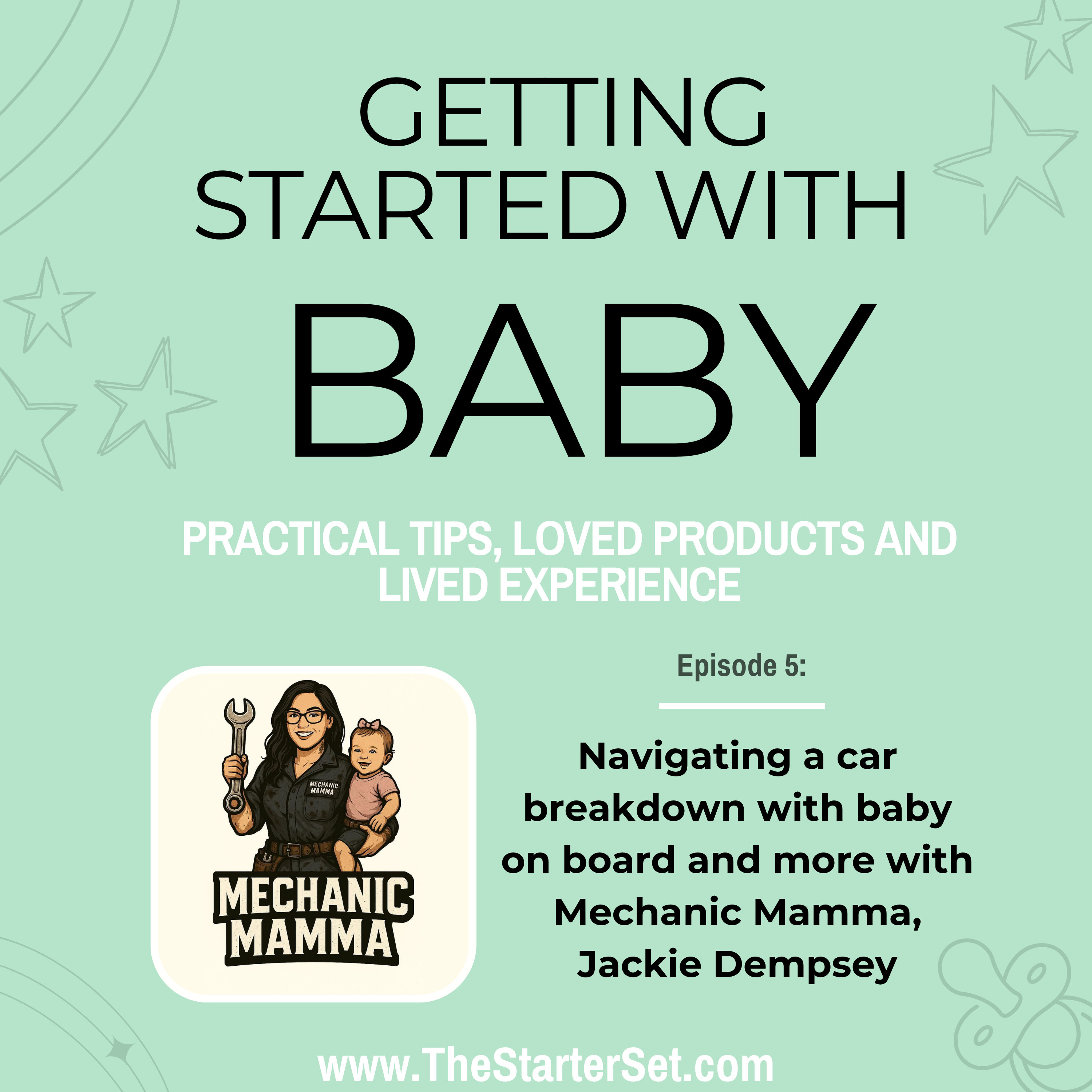

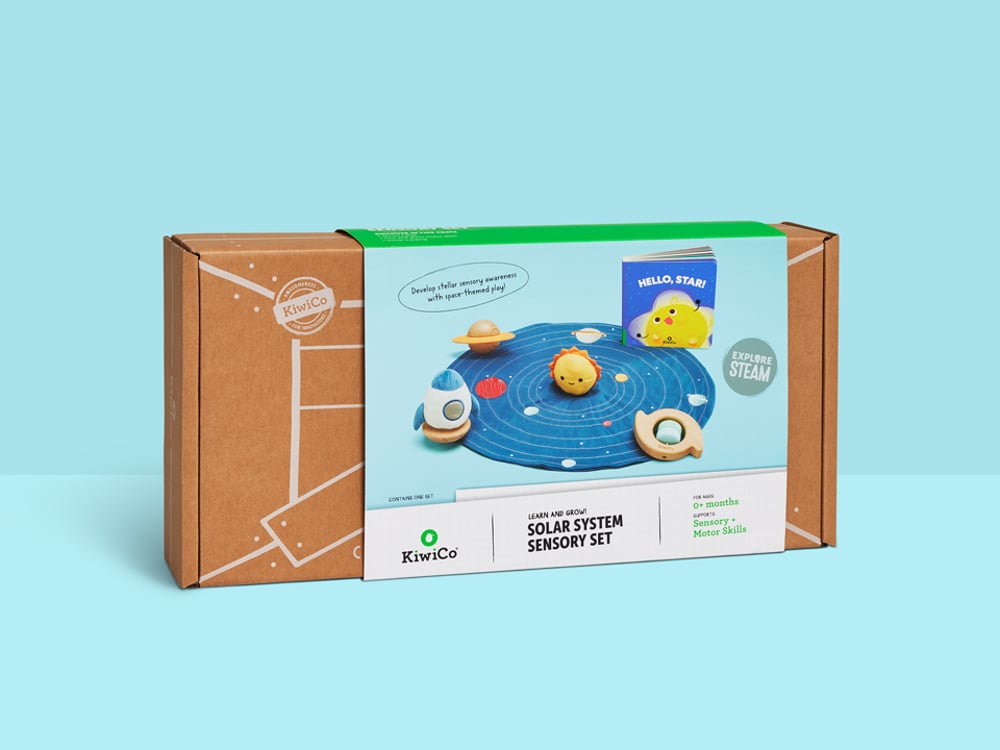
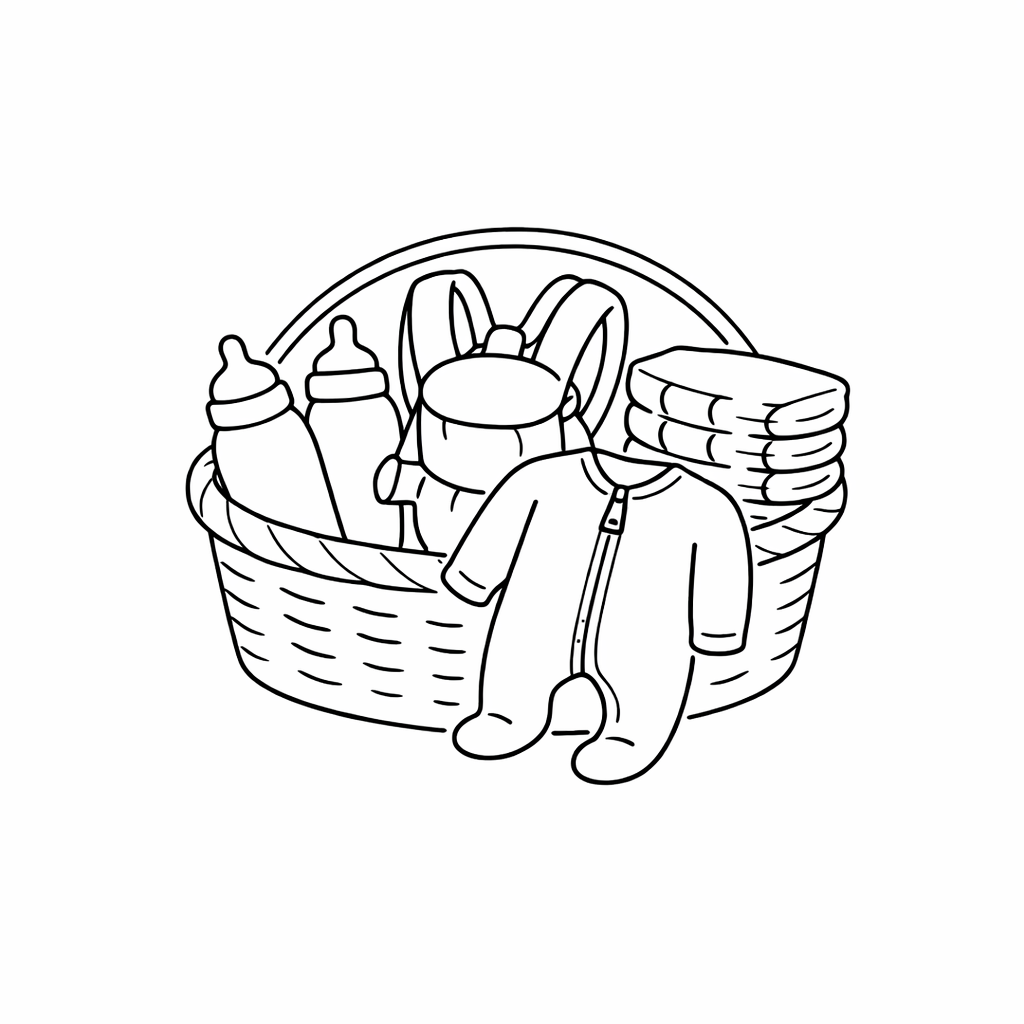


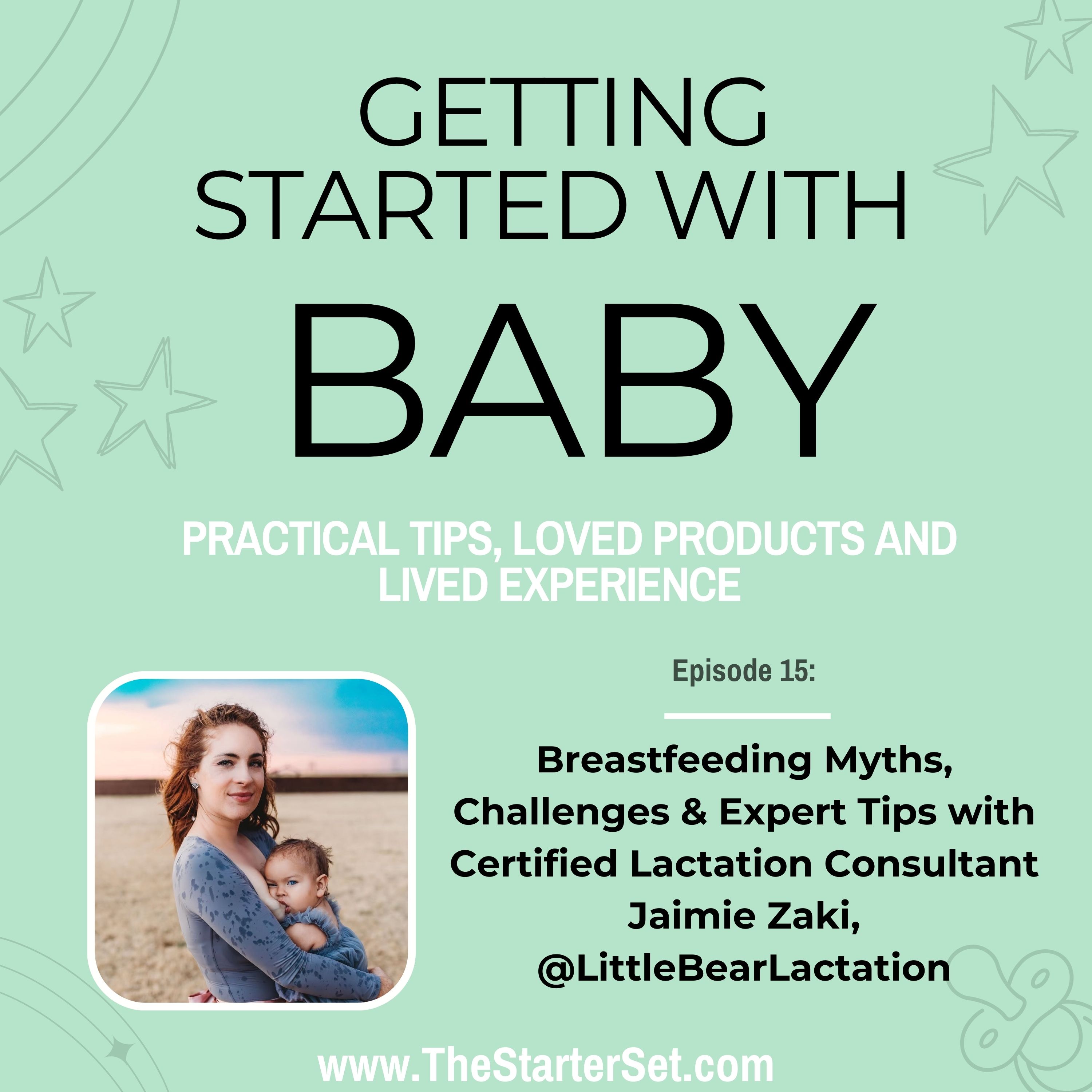
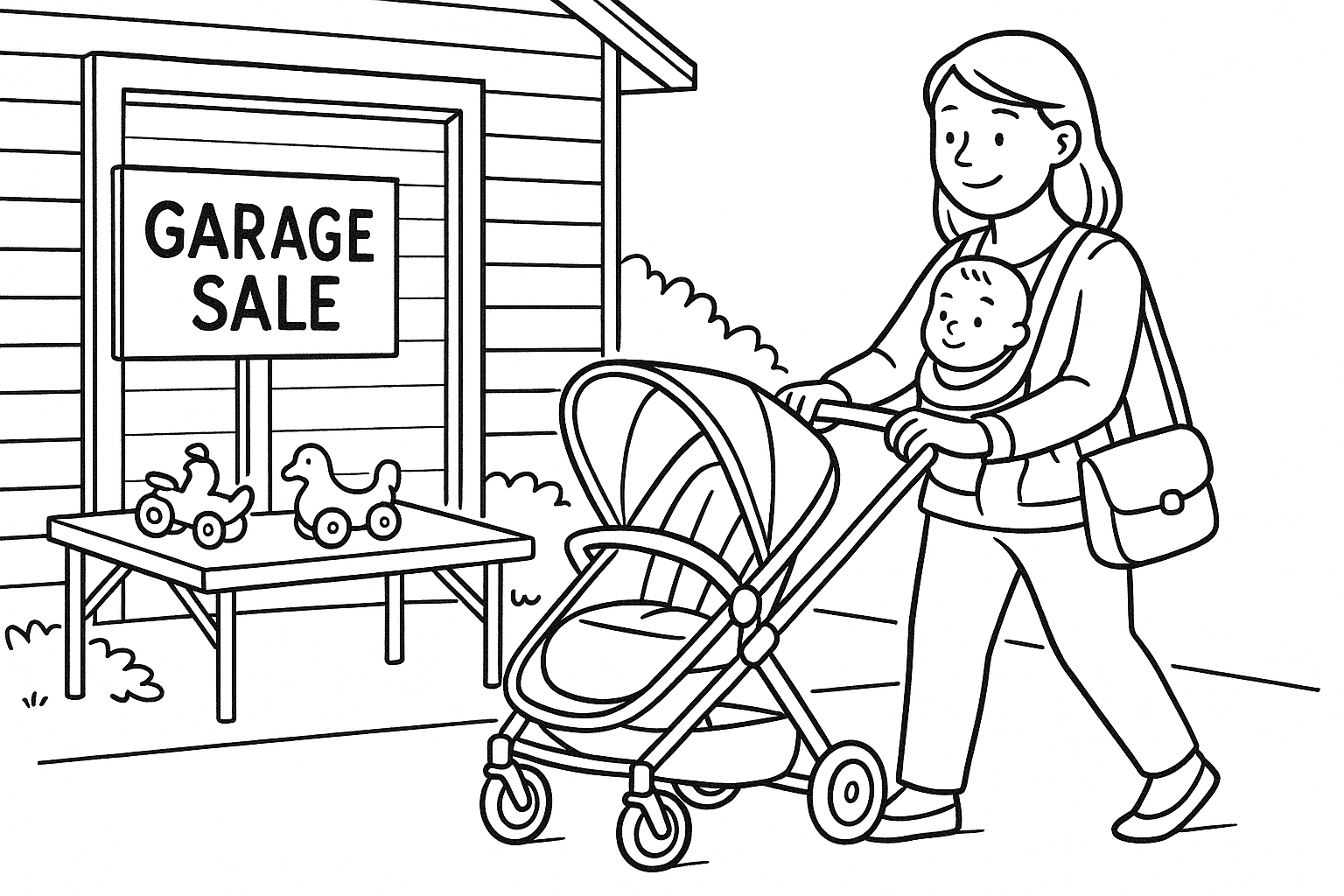
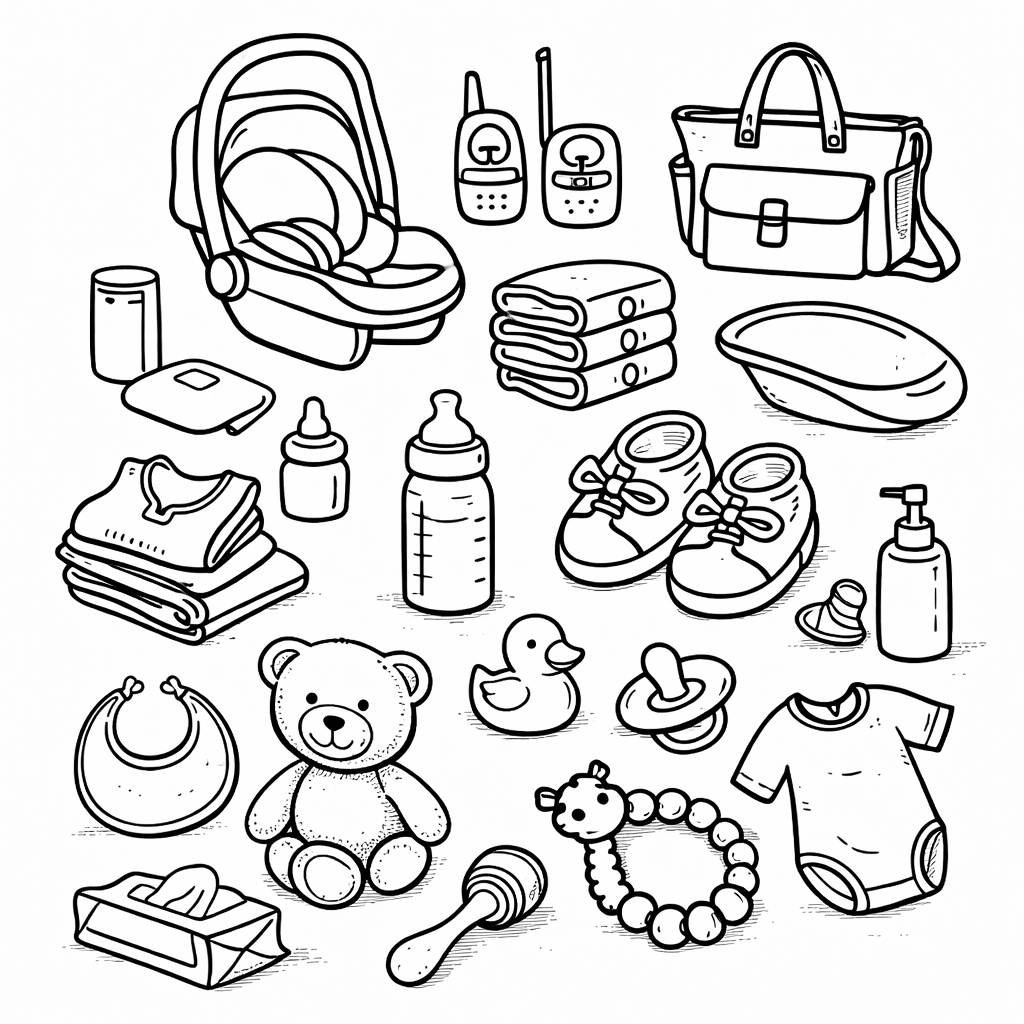
.png)